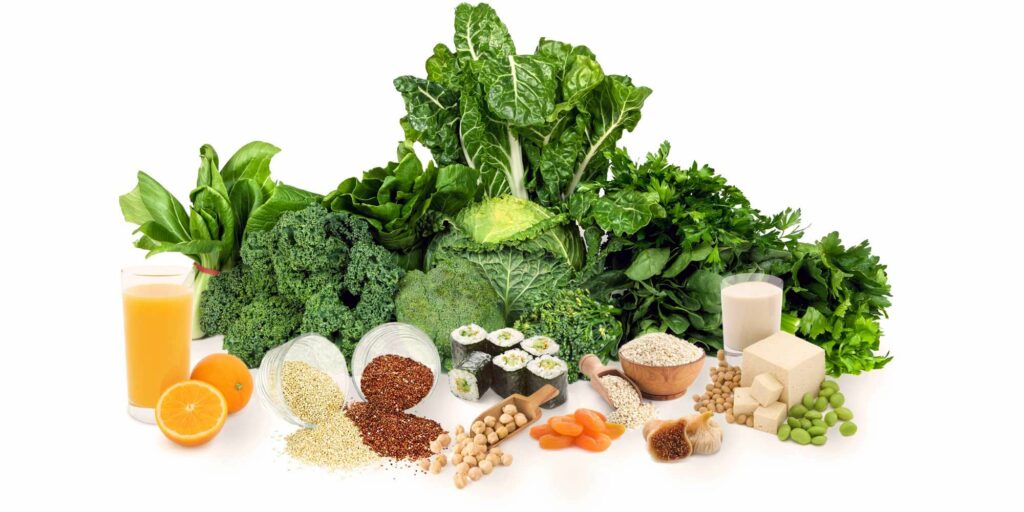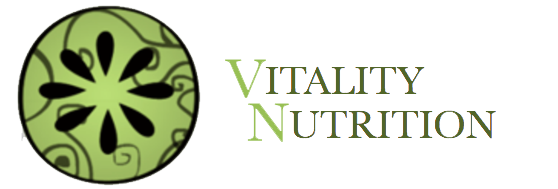June is Men’s Health Month!! 💪🏃♂️
Let’s celebrate Men’s Health Month by promoting healthy habits and fitness for men to maintain muscle as they age! 🔈For all the men out there… PSA: as you age it becomes increasingly important to pay attention to your nutrition and physical activity levels in order to maintain muscle mass. This is because muscle mass naturally begins to decrease as we age, a process known as sarcopenia, which can lead to a decline in strength and mobility. However, with the right nutrition and exercise 🏋️♂️🍎regimen, you can slow or even reverse the effects of sarcopenia and maintain your muscle mass well into your later years.
1⃣ The first step in maintaining muscle mass as men age is to focus on proper nutrition. 👉 Scroll down for some essential nutrients.
2⃣ In addition to proper nutrition, regular physical activity is also crucial for maintaining muscle mass. By making these lifestyle changes, you can maintain muscle mass and enjoy a healthy and active lifestyle as you age.
Protein

Protein is the most important nutrient for men to maintain muscle as they age. Protein provides the building blocks that the body needs to build and repair muscle tissue. Men should aim to consume high-quality protein sources, such as lean meats, fish, eggs, dairy products, beans, and nuts, at each meal and snack to support muscle maintenance and growth.
Calcium

Calcium is essential for muscle contraction and bone health. Aim to consume calcium-rich foods, such as dairy products, leafy greens, and fortified foods, to support muscle and bone health.
Vitamin D

Vitamin D is necessary for the absorption and utilization of calcium in the body. Aim to get regular sun exposure and consume vitamin D-rich foods, such as fatty fish and fortified foods, to support muscle and bone health.
Magnesium

Magnesium plays a role in muscle contraction and relaxation, as well as bone health. Consume magnesium-rich foods, such as whole grains, nuts, and leafy greens, to support muscle and bone health.
B Vitamins

B vitamins, such as B6, B12, and folate, are important for energy metabolism and muscle function. Consume B vitamin-rich foods, such as whole grains, meat, fish, and leafy greens, to support muscle health.
Physical Activity

Regular physical activity is also crucial for maintaining muscle. Aim to perform resistance exercises, such as lifting weights or using resistance bands, at least two to three times per week. It’s also important to incorporate cardiovascular exercises, such as walking, biking, or swimming, into your routine to support overall health and fitness.

Recent Comments